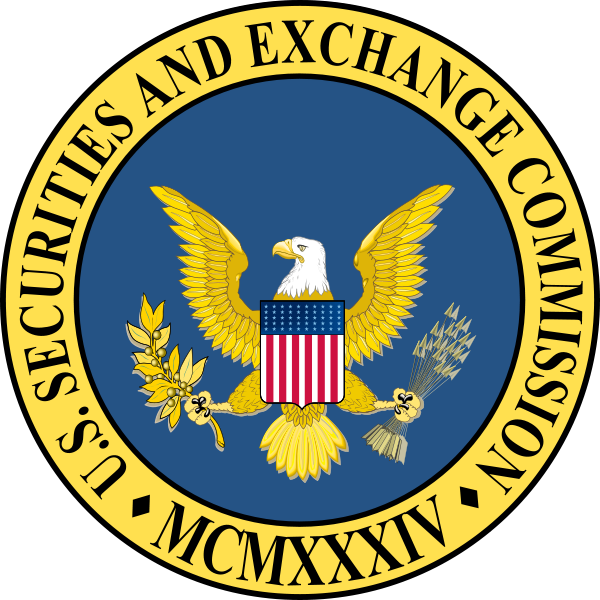
Regulators in the US, Canada and Hong Kong have worked collectively to investigate a high value financial markets related fraud. The US watchdog for financial trading, the SEC, issued a notice that it has charged two Indian-based individuals and their company for running an unauthorized high-Yield investment scheme. The SEC found that vulnerable investors were mis-sold a number of investment plans that guaranteed high returns, with one plan offering 2% income on a daily basis.
Two Indian nationals were named in the Order that was issued by the financial watchdog. The SEC’s Enforcement Division alleges that Pankaj Srivastava and Nataraj Kavuri offered guaranteed daily profits as they anonymously solicited investments for their purported investment management company called Profits Paradise. The two used a range of tactics to lure in investors, including a stringent social media strategy that targeted investors through Facebook and Youtube.
Furthermore, in a bid to hide their true identities, the two used false names claiming to be Paul Allen and Nathan Jones, with the registration of the firm's website under the counterfeit details.
The SEC joins other regulatory authorities in developed nations that encourage investors to assess the feasibility of programs that propose high returns, the watchdog updating its information portal with news about HYIPs.
Lori J. Schock, Director of the SEC’s Office of Investor Education and Advocacy, commented in a statement about programs such as the Profits Paradise which had duped investors: “We urge investors to exercise extreme caution if they are approached to invest in a website promising incredible returns with minimal or no risk. So-called high-yield investment programs are often frauds.”
Selling the Dream, High Return Minimal Risk
The SEC found that Profits Paradise would invite investors to deposit funds that were held in a pool account with funds from other investors, once a substantial amount had been raised the funds were then supposedly invested in global markets, including foreign Exchange , stocks and commodities. In order to sell their proposition, the two operated a website and social media channels that enticed investors through their lucrative sales pitches.
The latest fraud highlights the importance of sound monitoring techniques regulators need to adhere to as fraudsters explore new techniques to sell their products. Amrik Singh, a Manager at Crown Co-operative Credit Society in Delhi, explained that fixed return investments are common in India, however domestic regulators do not monitor as extensively as they should for malpractices, he said: “The Indian authorities only look at major instances of fraud, if we assess the way US and UK regulators operate, a number of these types of frauds can be caught-out, early on.”
Investments in global FX markets are prohibited under Indian rulings, the country’s central bank has been selectively reviewing methods firms, brokers and investors use to trade in the derivative products. The RBI has prohibited investors to deposit funds with brokers through credit and debit cards.













